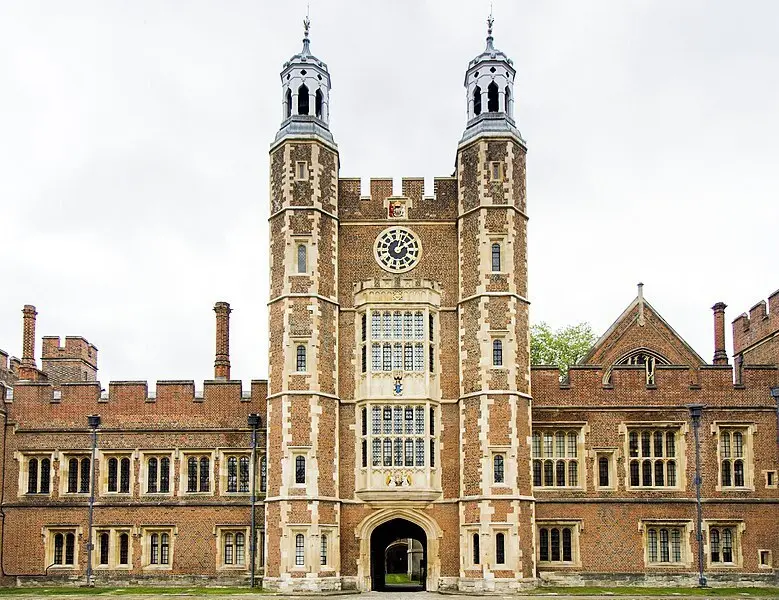News
·Social Mobility in FE – Is the Eton Star Concept Really the Solution?

For those of us fiercely proud of Teesside, of its entrepreneurship, its culture, and its aspirational young people, we naturally look for every reason to applaud a step which seems to elevate opportunity and profile.
But is today’s green light for the ‘elite’ Eton Star colleges, really that kind of step?
Do you, as a teacher, a parent, an employer or a university-bound student, look at this announcement and cheer for what it will do for Teesside and its young people?
The intent is clear.
It is of course the selected narrative that this will be the move which leads to more and more northern based students reaching such lofty heights as Oxbridge, and in turn, going on to secure better professional placements and a great step into their adult life.
And yet, as a business which spends every working week in and out of Teesside-based schools, chatting to teachers, supporting the literacy progression of pupils, and hearing what opportunity (or lack thereof) really looks like in homes across the region, we wonder if this really is the magic bullet that’s needed.
Does launching these three ‘elite’ colleges actually aid and elevate what already exists in terms of our further education provision? Or does it simply try to sweep in, add something new, and in effect, purport to be the ‘rescuer’ of a ‘poor and deprived north east’?
Through our privileged conversations with education leaders in the North, we know how much they want to see greater social mobility across the arena of further education.
Teachers absolutely want their students to feel able to achieve and prosper to the same extent as wealthier or more privileged peers to the south or elsewhere – but do they see that happening with the formation of these new Eton Star concepts?
It seems not.
Darren Hankey, principal of Hartlepool College of Further Education, was quoted as fearing the approach might have a detrimental impact on other schools and colleges, given they might lose staff and pupils.
His view was that the government would do better to fund existing providers and enable them to achieve more.*
Our CEO is inclined to agree.
Sarah Ledger, who herself was once a state education deputy headteacher and will in a few years be witnessing her own daughter seek access to further education and beyond, said:
“As a business leader in the world of education, and as a mother, I’m afraid I don’t look at this announcement and find myself celebrating.
“I’m North East through and through, and naturally, that means I seek the opportunity to applaud anything which puts us on the map or, most importantly, creates more social mobility and opportunity for the kinds of students and wider families who we help educate with literacy interventions.
“I’m afraid I just don’t see this as the magic bullet it’s being portrayed as.
“I fear it’s creating competition where it’s not needed. It’s turning attention away from where we already have some really hard working further education bodies, seeking to do the best for their students.
“This is not the perfect solution at all, because there are a great many reasons why children could be deemed as being underprivileged or ‘of disadvantage’.”
She added: “If we’re going to bring in scenarios to create social mobility for our young people, let’s do so in a joined up and collaborative way which sees cohorts of teachers and students and providers working together.
“There’s still simply too much them and us about this, and I’m really not comfortable with it as a proposed pathway.”
We would love to know what you think about today’s announcement.
Please feel free to share your comments, or you can email Sarah direct on [email protected]
Or if you’re a member of staff at a college looking to improve your GCSE resit learners progress, check out our Post-16 Intervention Programme here.
*
Headteacher defends plan for free ‘Etons of the north’ sixth forms | Sixth form | The Guardian